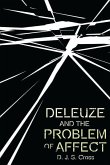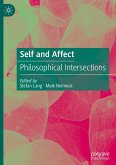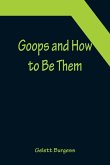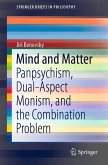Humour is a funny thing - everyone knows it but no-one knows what it is. This book addresses the question 'What is humour?' by first untangling the definitions of humour, amusement and funniness before then providing a new theory of humour which draws upon recent research in philosophy, psychology, linguistics and neuroscience. The theory is built up without assuming any prior knowledge and illustrated through humorous examples which are both entertaining and educational for anyone curious about what makes things funny. The book is then an accessible illumination of joking matters from dinner tables to online platforms to comedy clubs.
"Roberts work is careful, rigorous, and while not revolutionary, provocative enough that its echoes will be heard throughout the young field of philosophy of humor. The argument he makes is robust. This ought to be heralded as a major new work in philosophy of humor. It advances the discourse, but thankfully to those of us in it, rather than concluding it, leaves it even more vital." (Steve Gimbel, Philosophical Practice, Vol. 15 (1), 2020)
"Roberts' rigorous distinction of the concepts and terms involved in the discussion on humour and his effort to provide precise descriptions of the components of amusement are reasons to welcome his book with praise. ... The hope and wish are that by engaging further with his theory scholars will give Roberts more space to discuss his view." (Michela Bariselli, The British Journal of Aesthetics, January 13, 2020)
"Roberts' rigorous distinction of the concepts and terms involved in the discussion on humour and his effort to provide precise descriptions of the components of amusement are reasons to welcome his book with praise. ... The hope and wish are that by engaging further with his theory scholars will give Roberts more space to discuss his view." (Michela Bariselli, The British Journal of Aesthetics, January 13, 2020)








